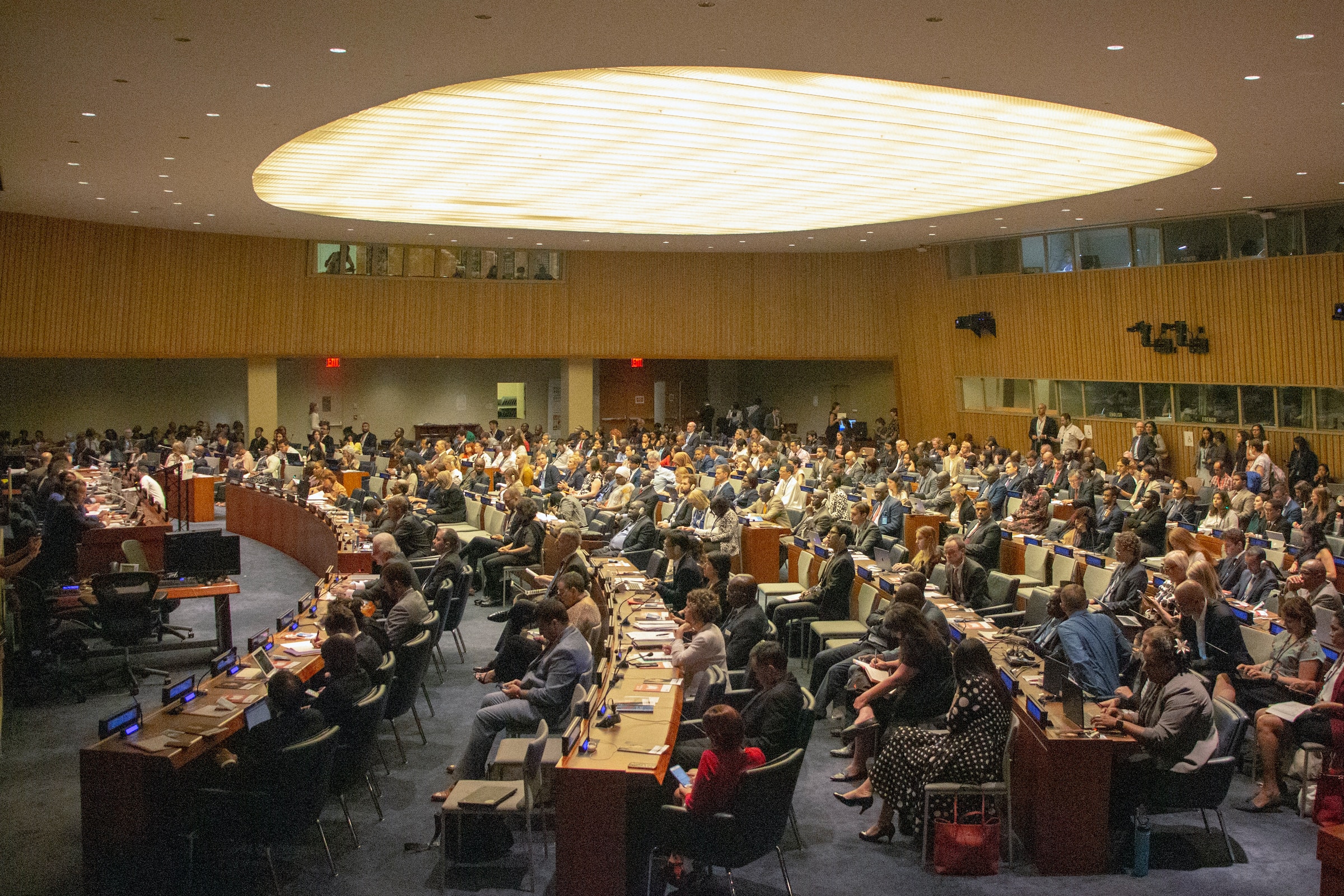U.N. human rights chief Volker Turk on Thursday urged countries with influence in Africa to help end the fighting in Sudan and said that both warring sides had "trampled" international humanitarian law, according to Reuters.
"I take this opportunity to urge all States with influence in the region to encourage, by all possible means, the resolution of this crisis," Turk told a special session of the Human Rights Council in Geneva.
"I strongly condemn this wanton violence, in which both sides have trampled international humanitarian law, notably the principles of distinction, proportionality and precaution."
The Human Rights Council, which is made up of 47 U.N. member states, is set to vote on a resolution that would further scrutinize current human rights violations taking place in Sudan.
The call to hold the special session was led by Western countries. Council member states — including Chile, Costa Rica, Georgia and Kyrgyzstan — joined the call for the special session. The main co-sponsors of the draft resolution were all European, in addition to the United States, AP News reports.
The fighting in Sudan erupted in mid-April as a result of a power struggle between the chief of Sudan’s military, Gen. Abdel Fattah Burhan, and rival Gen. Mohamed Hamdan Dagalo, who commands a powerful paramilitary group called the Rapid Support Forces, or RSF.
The conflict has so far claimed the lives of more than 600 people, including civilians, and displaced hundreds of thousands. The violence has also spread to other regions, namely the restive Darfur province.
The U.N. has raised concerns about the plight of civilians caught up in the crossfire and worries about food security and aid deliveries, and urged support for neighboring countries hosting people fleeing the ongoing violence.
Separately, dozens of independent experts working with the U.N. human rights office issued a joint statement on Thursday, citing reports that “civilians of all ages are experiencing various human rights abuses,” in Sudan, including sexual assault, gender-based violence, looting, and shortages of food, water and healthcare.










Trackbacks and Pingbacks